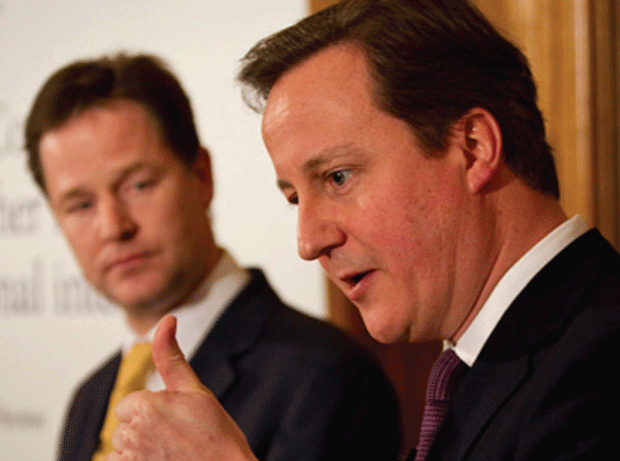
Many of the leaders of the UK grocery industry will be breathing a sigh of relief today as the general election results sink in.
This is not necessarily because they’re ideologically in the Tory camp or particularly opposed to Labour, but because much of the background talk around the industry in the run up to polling day has centred about the need for stability. A small Conservative majority may not last the five year term unblemished, but at least everyone knows who the Prime Minister is today without days and weeks of messy constitutional wrangling.
The wider market has certainly welcomed the result – the FTSE 100 is currently 2.2% up to 7,035.5pts and the pound hit its highest levels against the dollar and euro for two months as the results filtered through.
The grocery industry also has reason to be content with the apparent stability – not just because many major stocks are trading 2-3% higher today (Sainsbury’s is currently up 3.7%, M&S 3.1% and Tesco 3%).
Firstly, for retailers, the former coalition government has promised a “radical” review of business rates, something the supermarkets in particular think are now far too punitive as their margins become increasingly squeezed. The previous government’s commitment to lower business rates also doesn’t hurt.
Additionally, the economic recovery is finally beginning to filter through. Taken on a five year basis the UK’s economic recovery has spluttered somewhat – notably coming within a whisker of an official double dip – but there is no doubt that the economy has improved over the past two years and that recovery is beginning to feed into consumers’ pockets.
Although wage growth has generally lagged economic growth, the most recent ASDA Income Tracker, compiled by Cebr, revealed that families across the UK now have an extra £16 a week to spend on discretionary goods or services than a year ago – a rise of 9.7% year-on-year.
Sainsbury’s this week pointed to the improving discretionary income and consumer confidence as begging to feed through to volume growth – even though the brutal -2.5% deflationary environment is still resulting in falling sales.
It is for this reason that the general industry feeling seems to have been one of not wanting to rock the boat. Hence one senior industry figure told me that most of his contemporaries seemed keen for the Conservative/Lib Dem coalition to continue – though they added that many of the financial power-players would welcome the Tories going it alone.
One blot on the landscape is that this stability may not last long.
Leaving aside the potential instability of a government with a wafer thin majority – something which John Major will remember all too well – the elephant in the room is that a Conservative majority looks to have committed itself to an in/out EU referendum, which is likely to cause even more headaches for business that the general election itself.
While some companies may feel an EU exit could remove a raft of employment-related red tape, grocery businesses are fundamentally international and outward looking. A lengthy and divisive referendum that could disrupt access to the UK’s largest import/export market and a vital source of labour will be far from welcome for most businesses in the sector.
The second elephantine presence is Cameron’s commitment not to serve a third term – meaning he is extremely unlikely to last the full five years and vacate the post at the last minute leaving his successor to fight an election campaign without his or her feet under the desk.
So while the City welcomes the stability of last night’s result, we could actually be facing two potentially hugely destabilising events for business in the next few years. Business will enjoy this “stability” while it can, but the political climate will remaining more than interesting for a few years yet.







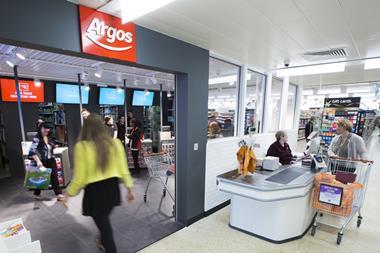
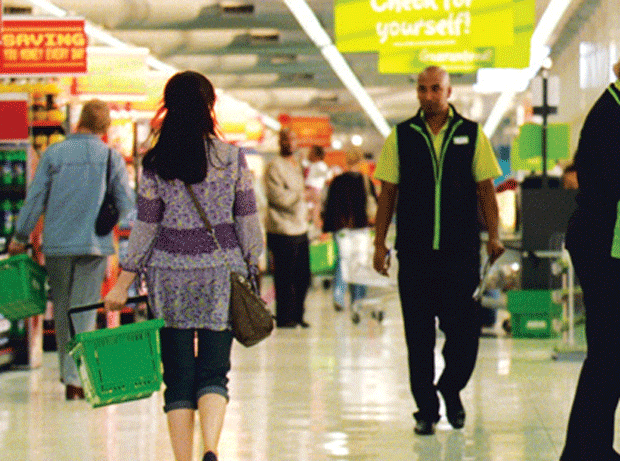
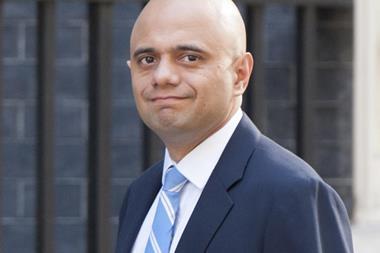
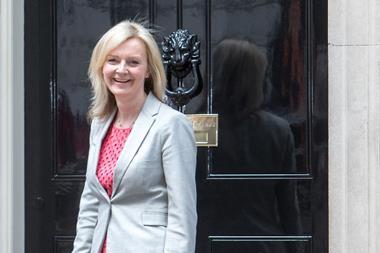
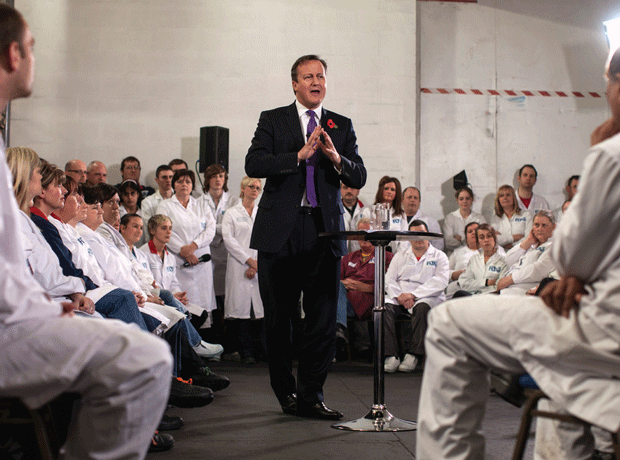







No comments yet